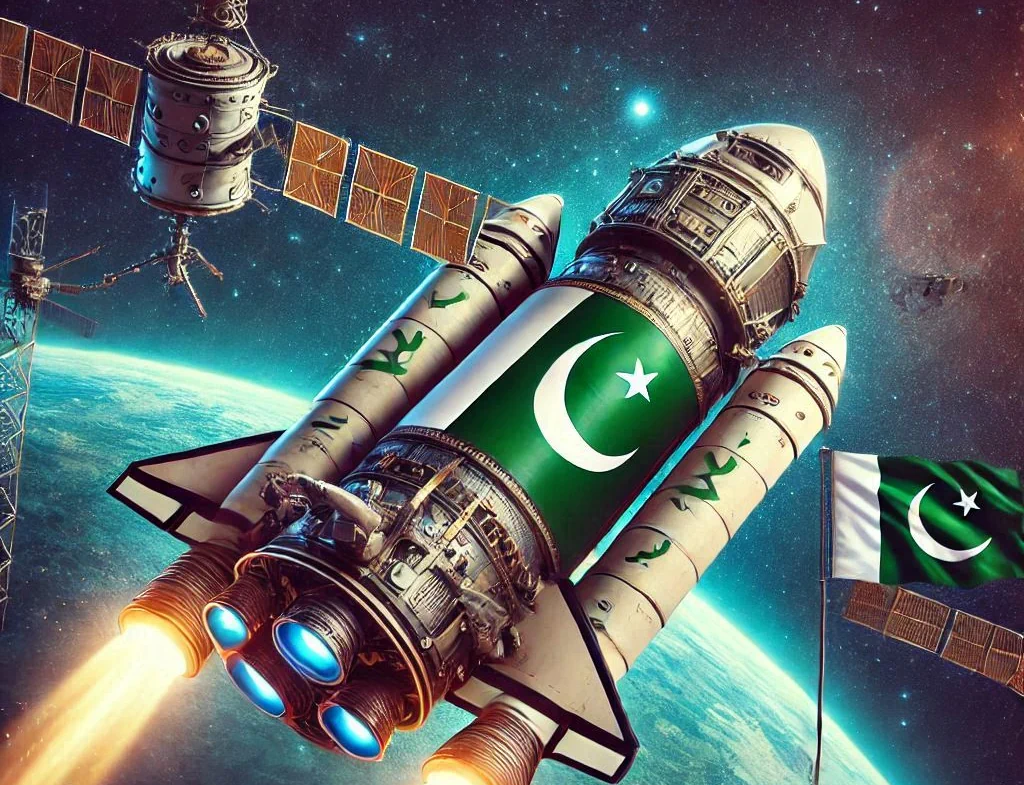In 2028, Pakistan is set to launch its first-ever lunar rover as part of China’s ambitious Chang’E 8 mission, according to an official announcement from the Space and Upper Atmosphere Research Commission (SUPARCO) on Tuesday. This milestone follows a Memorandum of Understanding (MoU) between Pakistan and China, enabling Pakistan’s rover to participate in the Chang’E 8 mission, which will focus on exploring the Moon’s largely unexplored south pole. This region is of high interest to scientists due to the potential presence of water ice, a critical resource for future lunar exploration.
To involve the public in this historic mission, SUPARCO has initiated a nationwide competition to name the rover. The winner of the competition will be awarded Rs100,000, adding a touch of national pride and excitement to the mission.
The rover, which will be designed and developed by Pakistani scientists, is expected to carry a suite of advanced scientific instruments. These instruments will include a collaborative payload developed jointly by Pakistani, Chinese, and European researchers. The payload will likely be used to study the Moon’s surface, its mineral composition, and gather data on the lunar environment, which will be vital for future space exploration missions, both manned and unmanned.
This collaboration builds on Pakistan’s growing presence in space exploration. The country previously worked with China in 2022, when it launched its first lunar satellite aboard the Chang’E-6 probe. That mission was a major success, as it not only carried out its primary task of returning samples from the far side of the Moon but also marked Pakistan’s first significant contribution to international lunar research.
The partnership between Pakistan and China in the field of space exploration continues to strengthen, with both nations collaborating on advanced research and technology, particularly in the realms of satellite development, space science, and lunar exploration. This growing cooperation reflects the increasing role of developing nations in the global space race and highlights Pakistan’s ambitious aspirations to contribute to major scientific advancements in the coming decades.
By joining the Chang’E 8 mission, Pakistan is making a bold statement about its commitment to space exploration, as well as its growing capabilities in science and technology.





